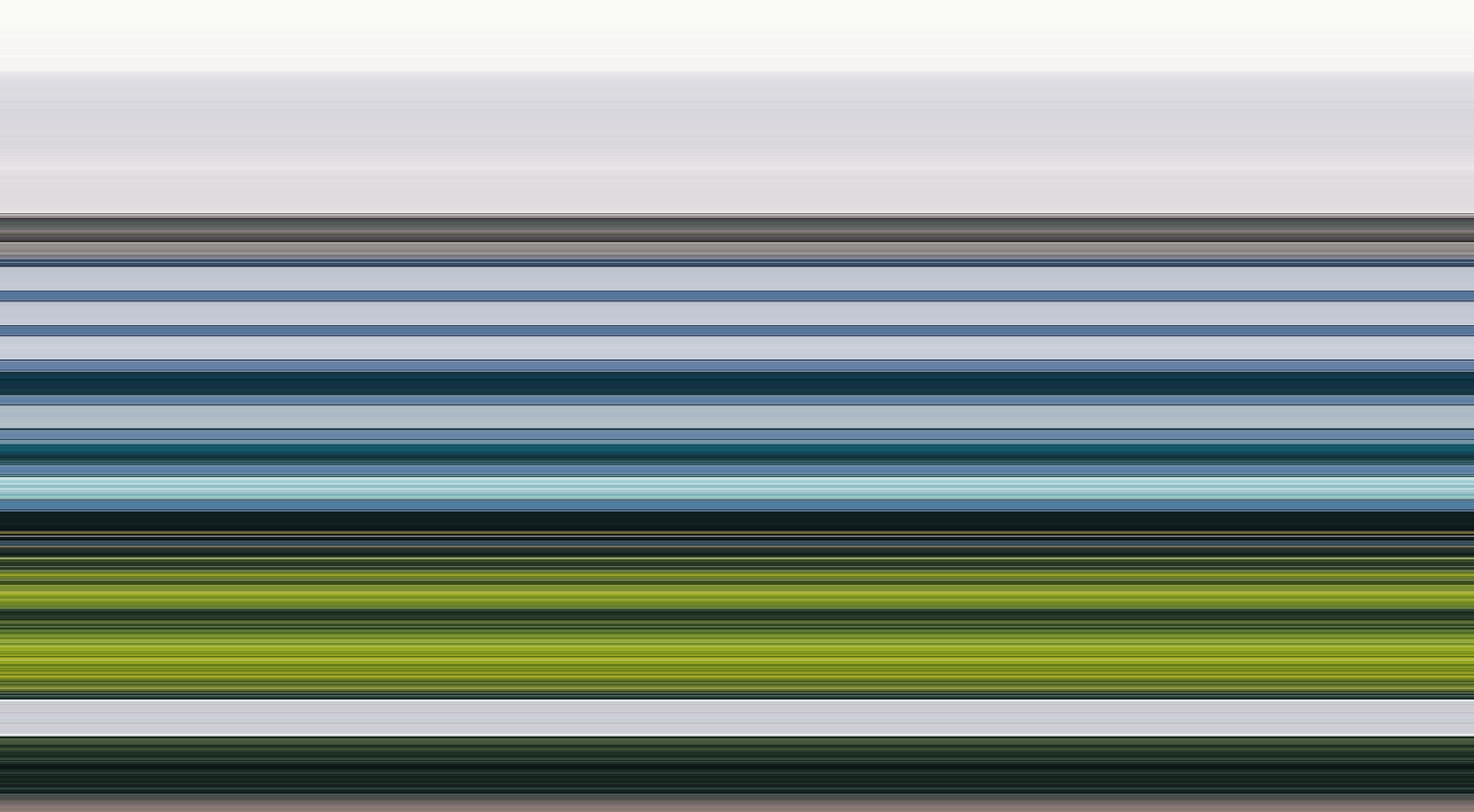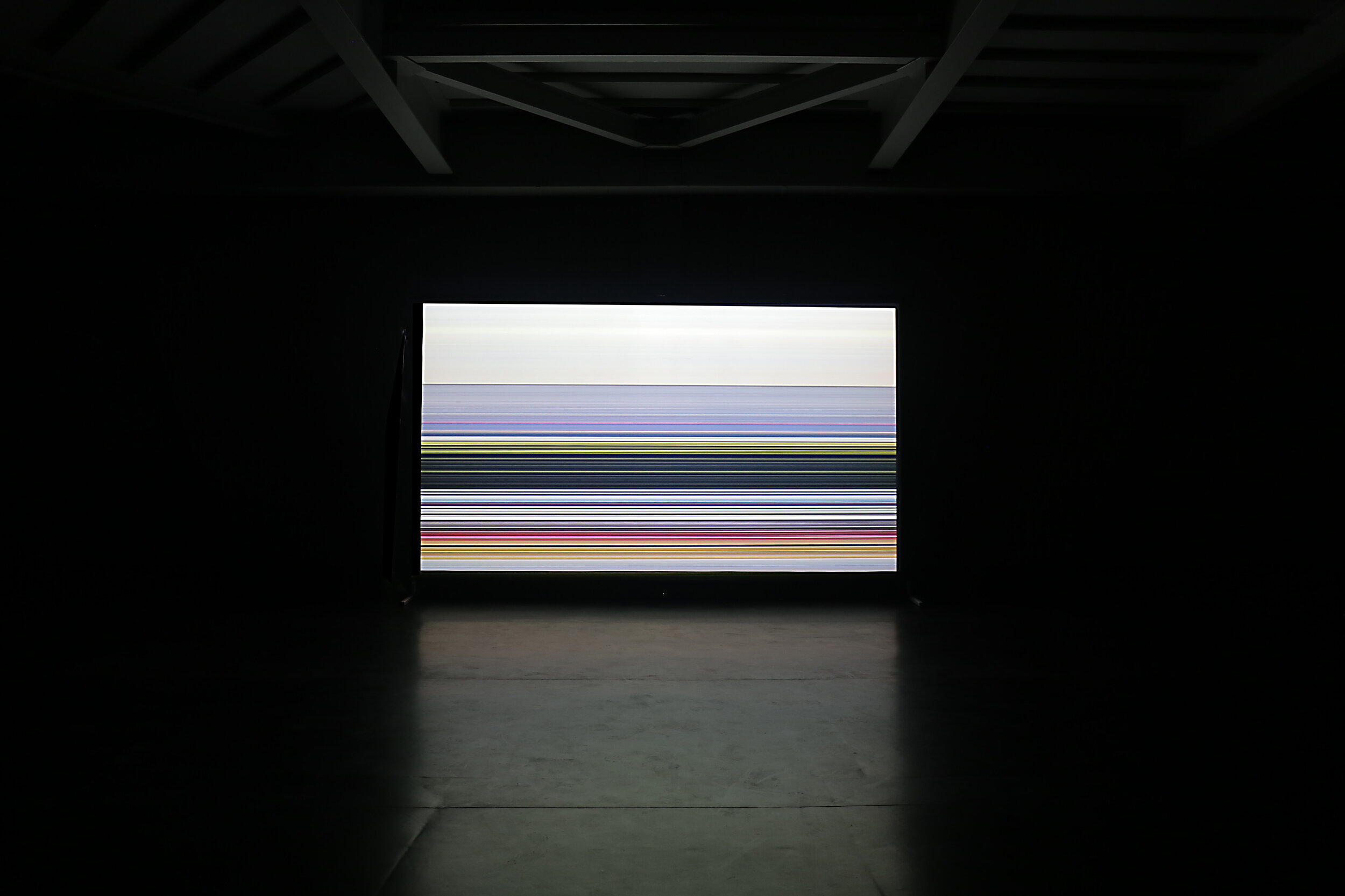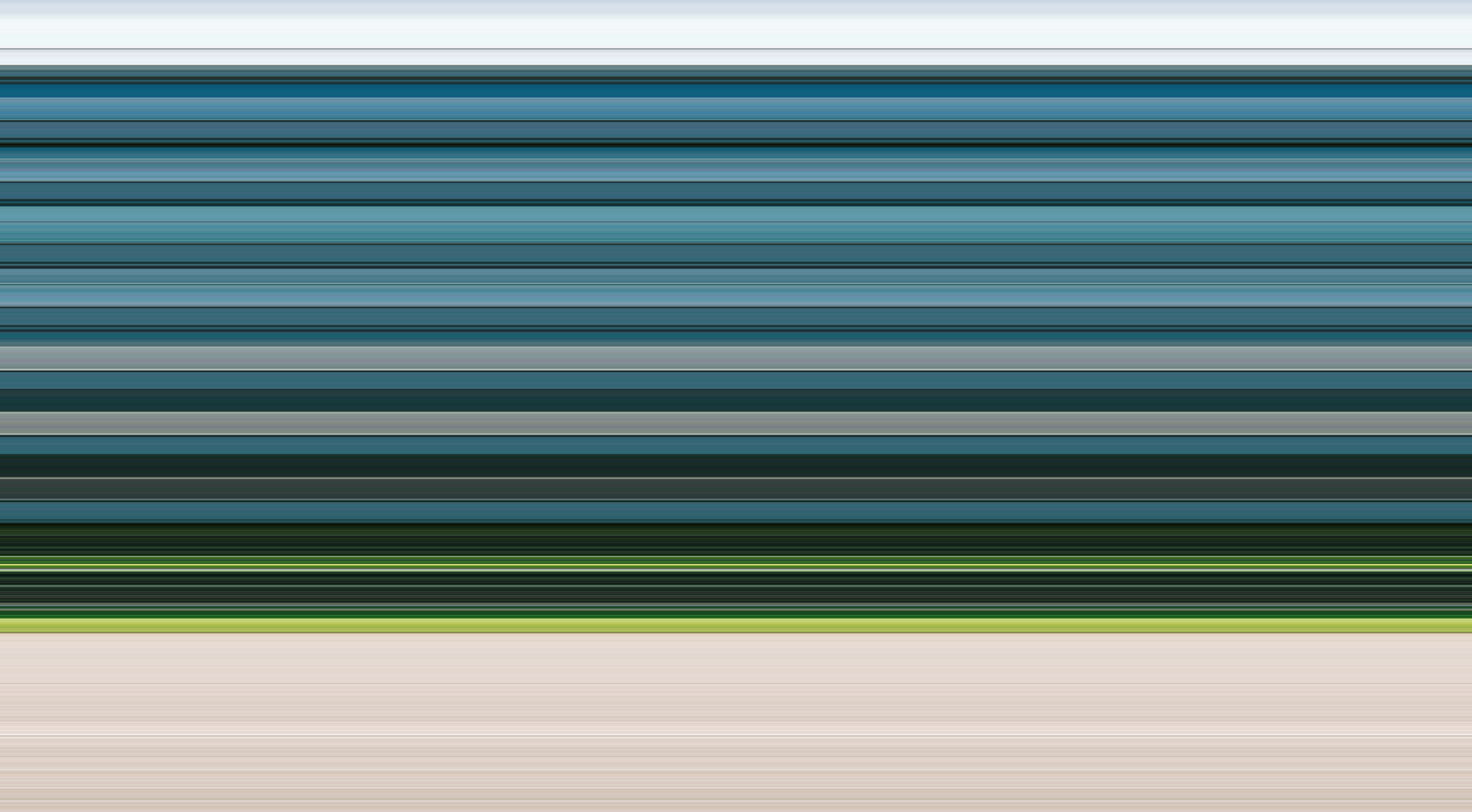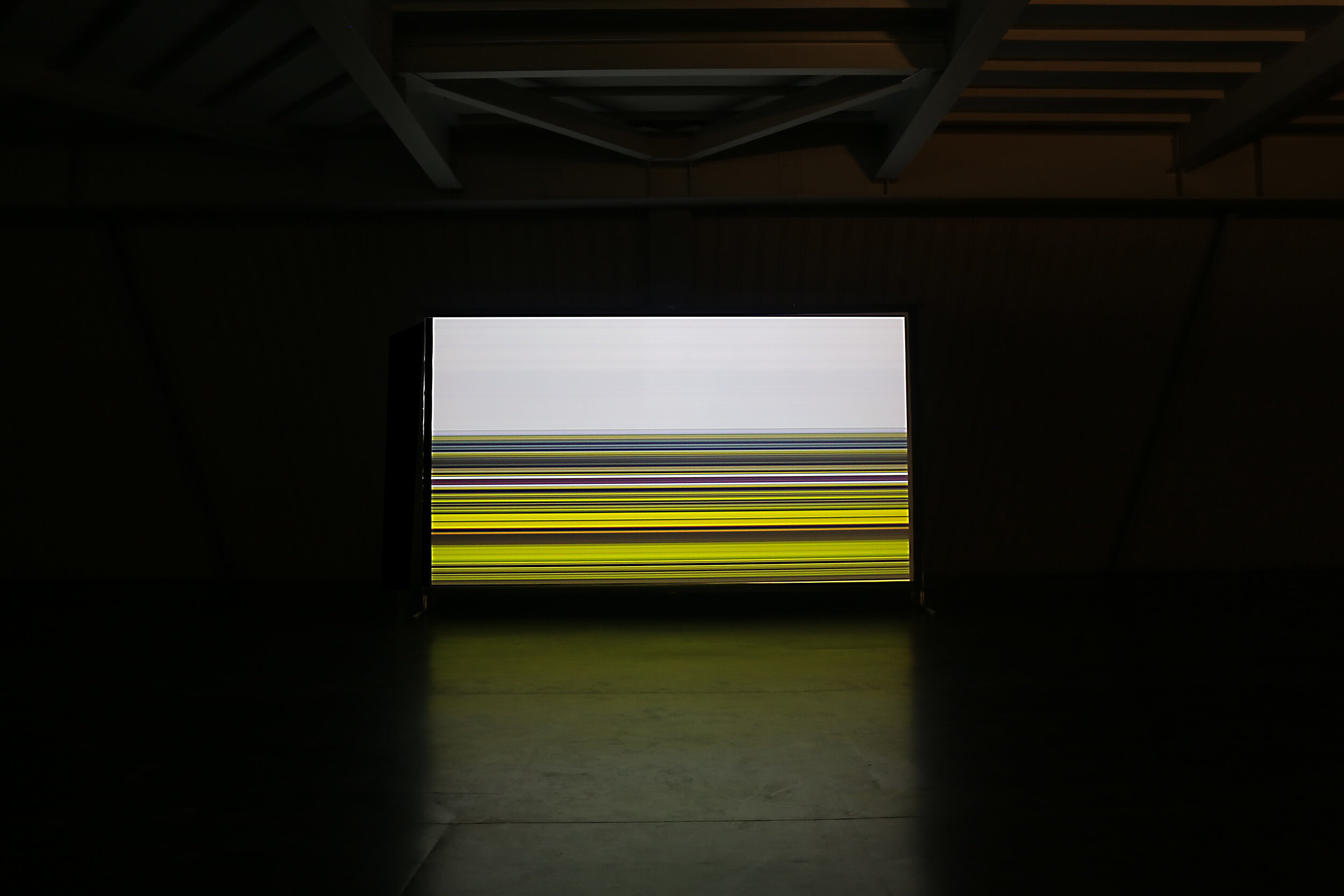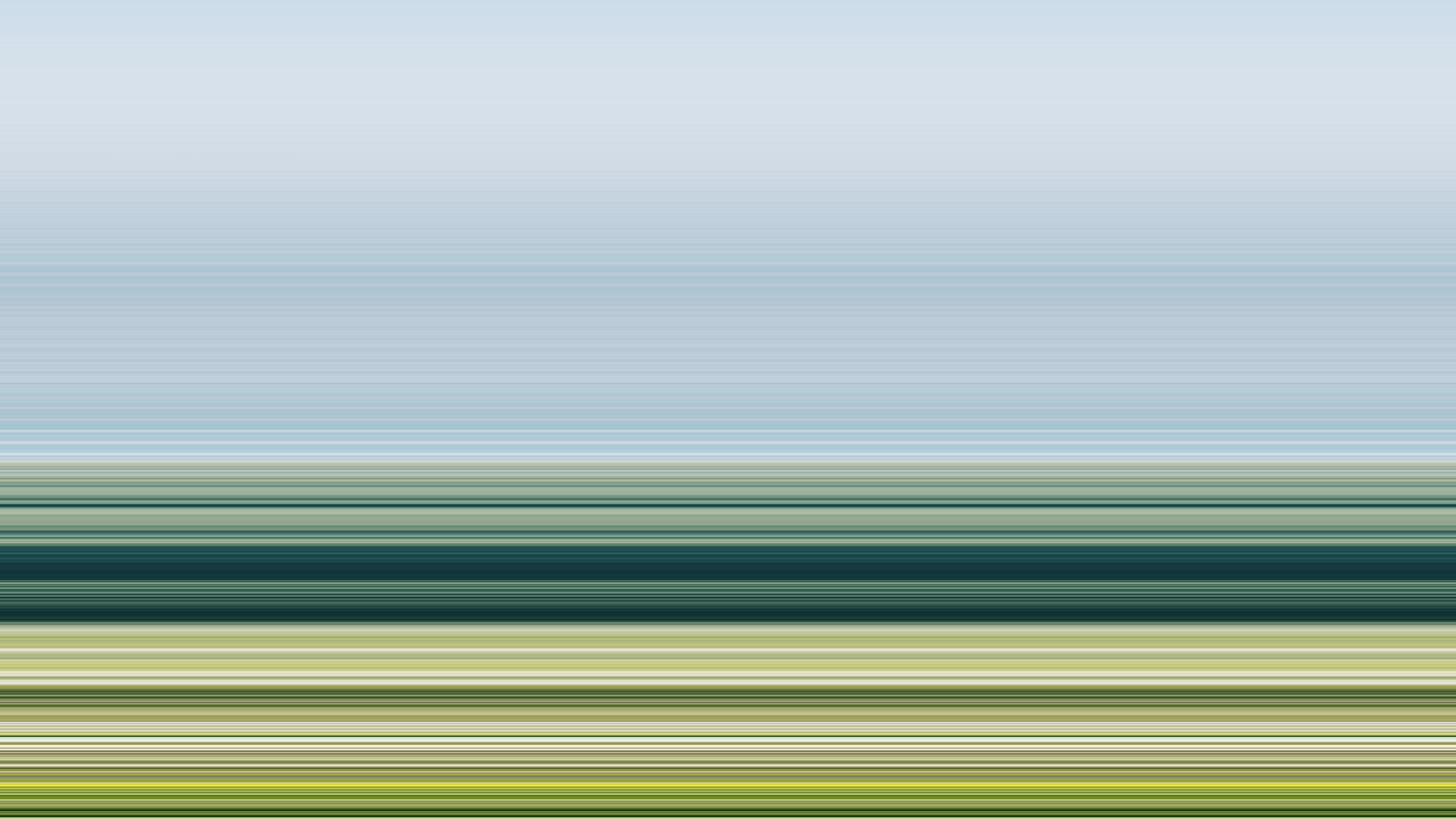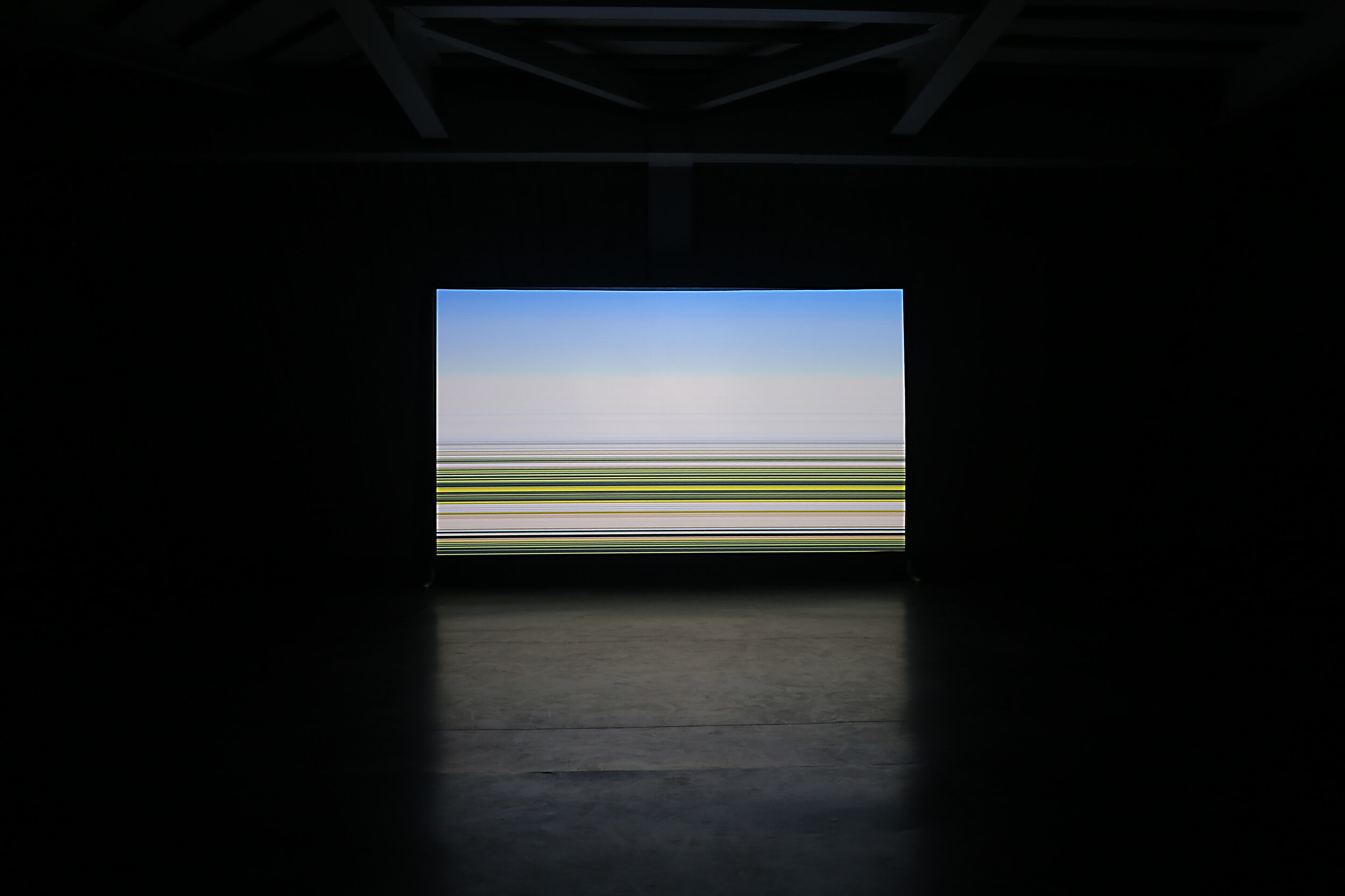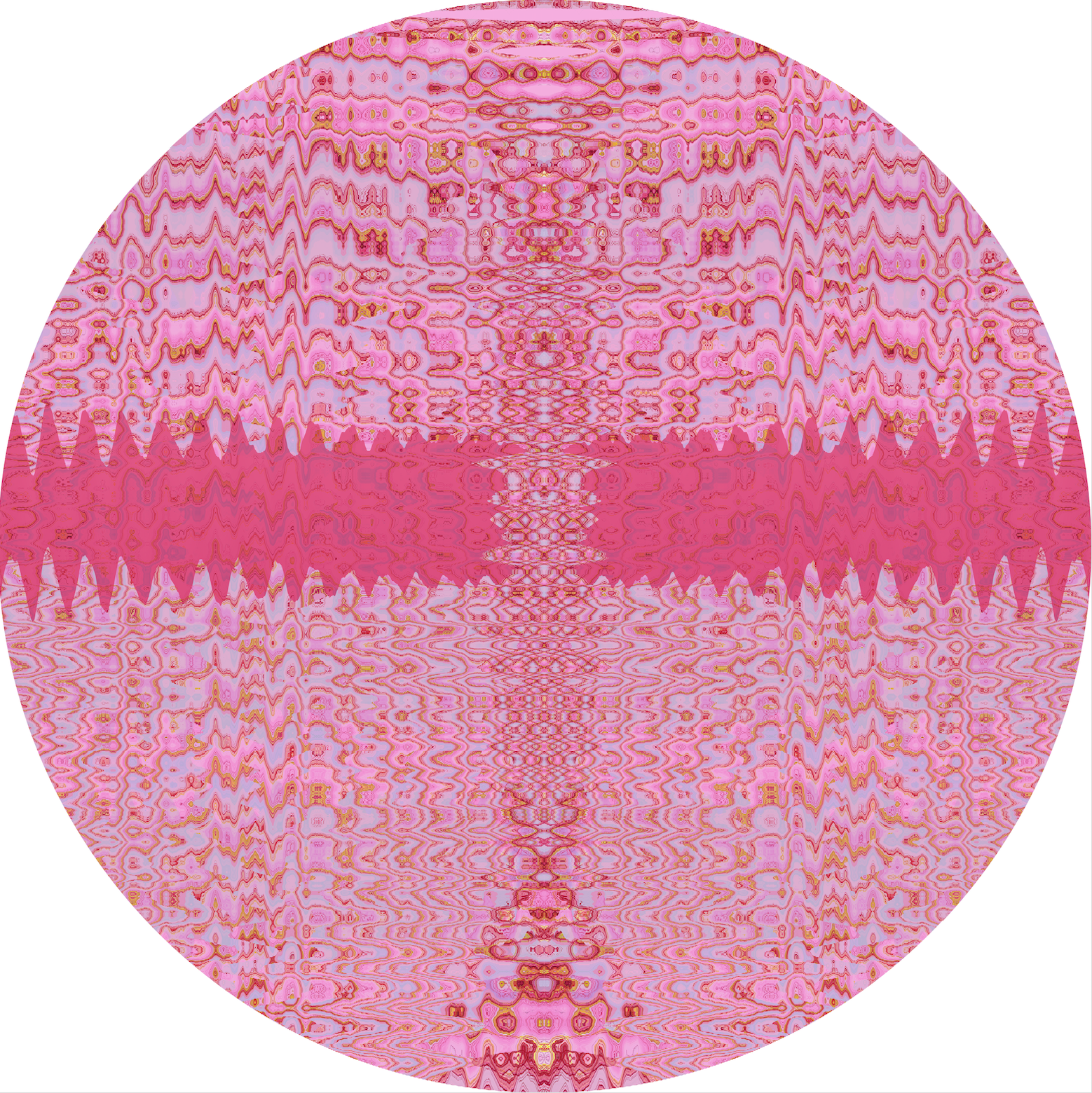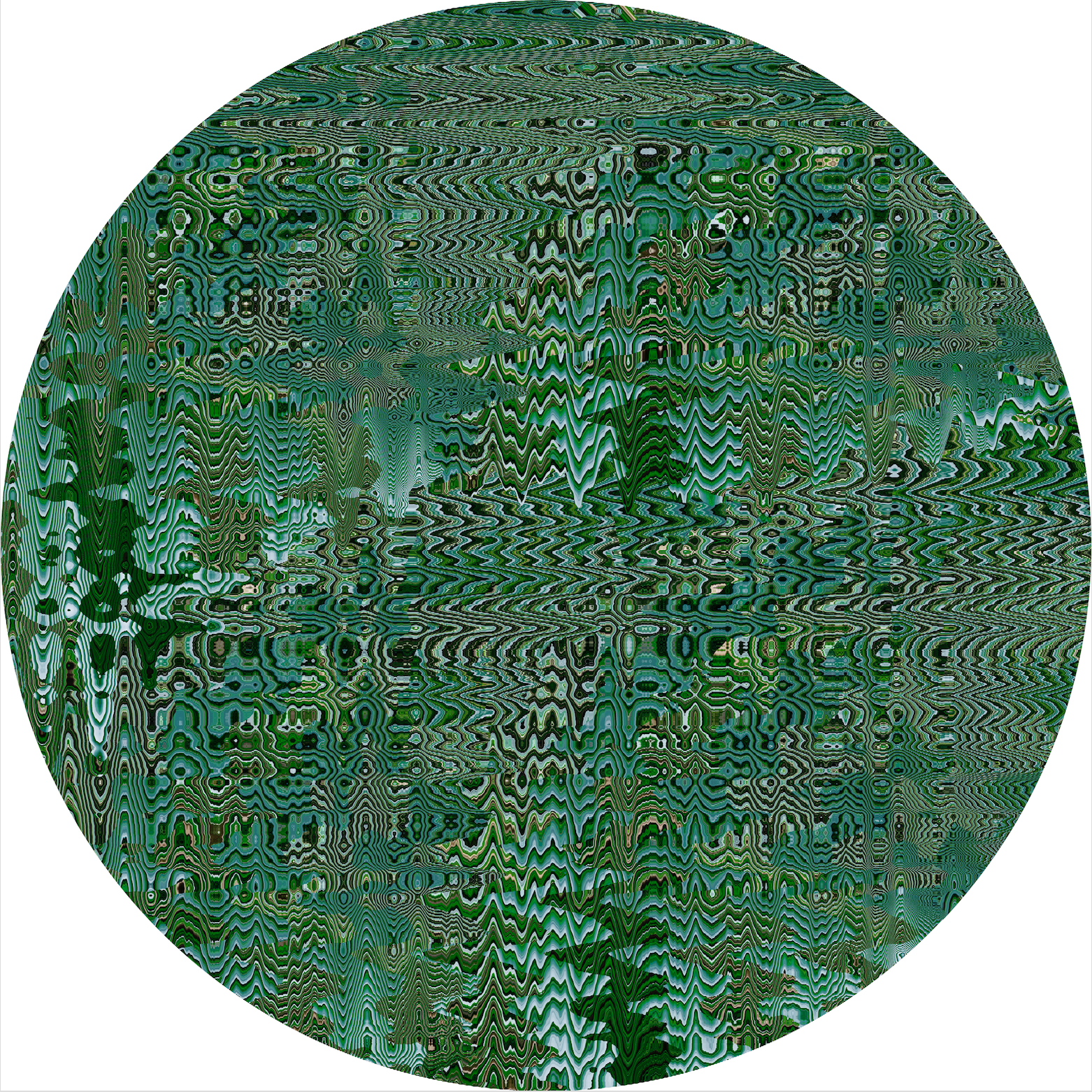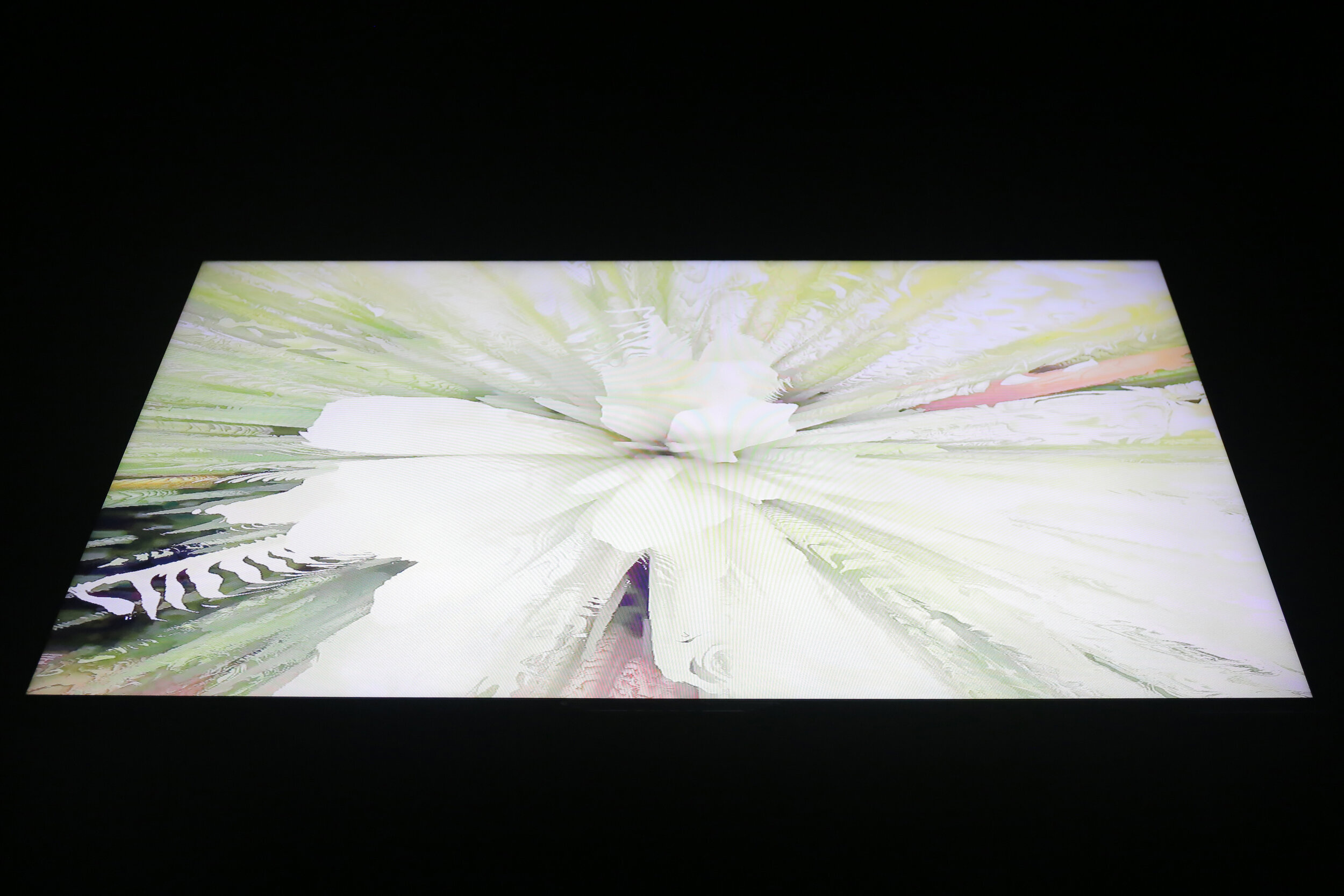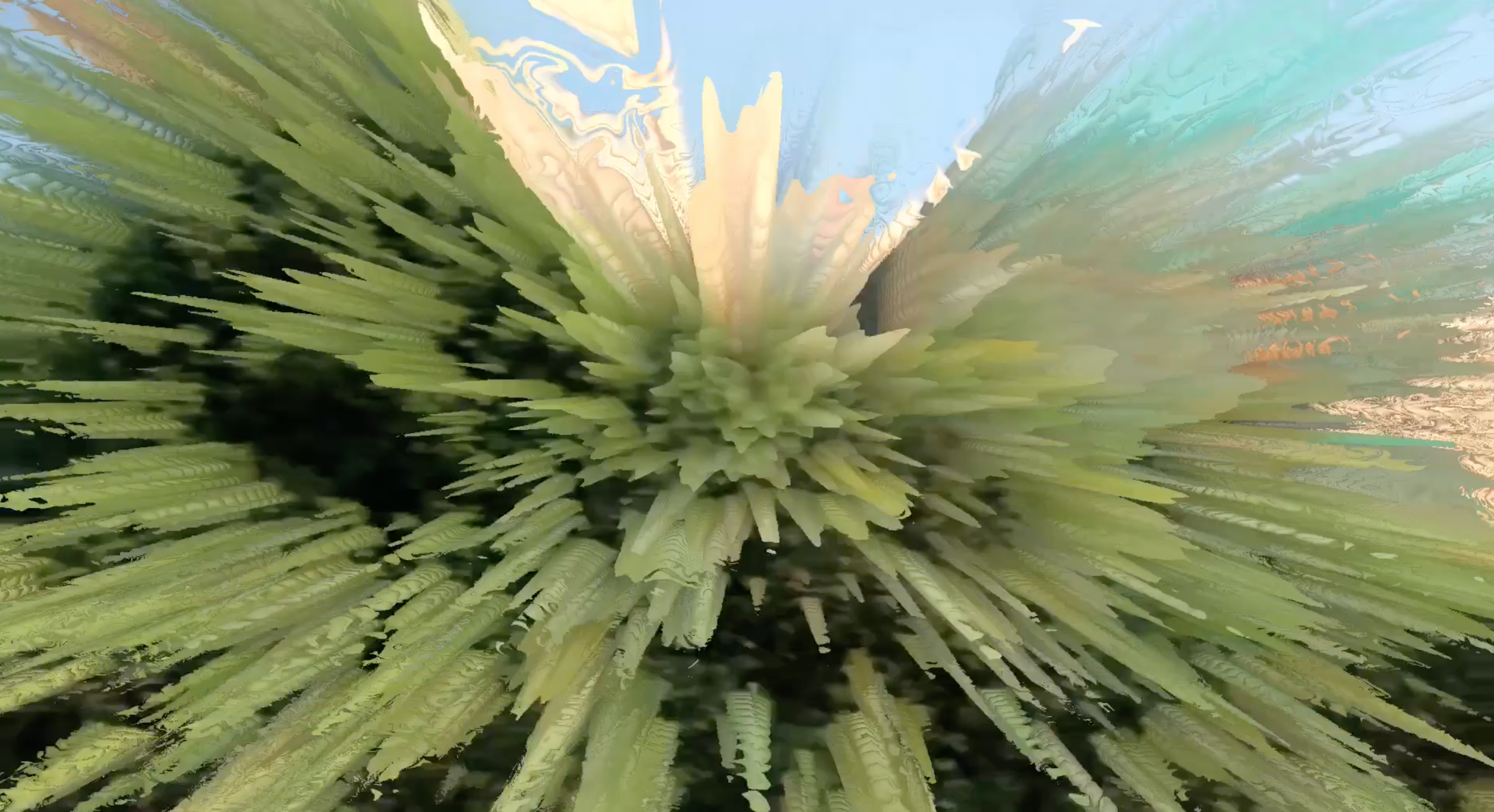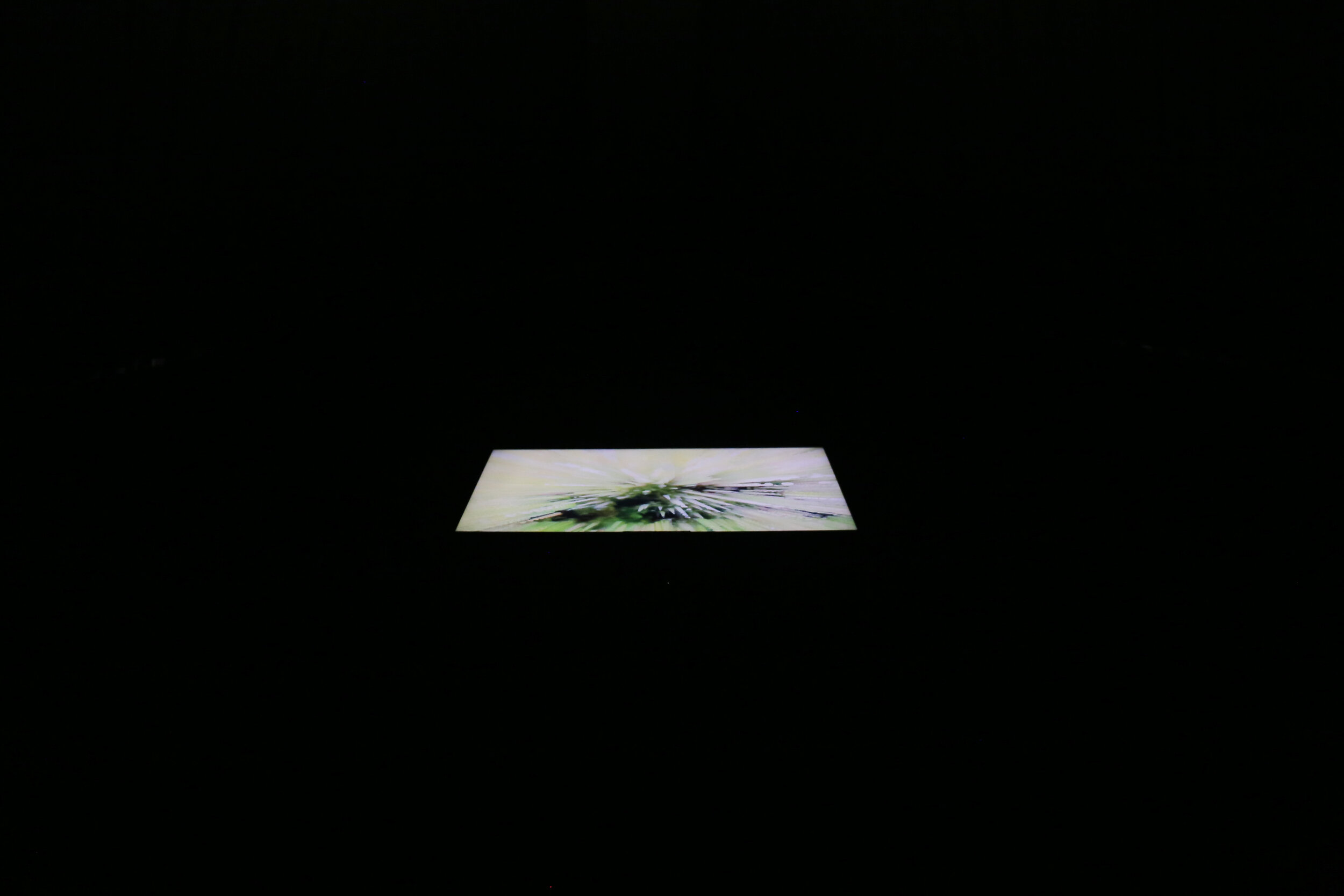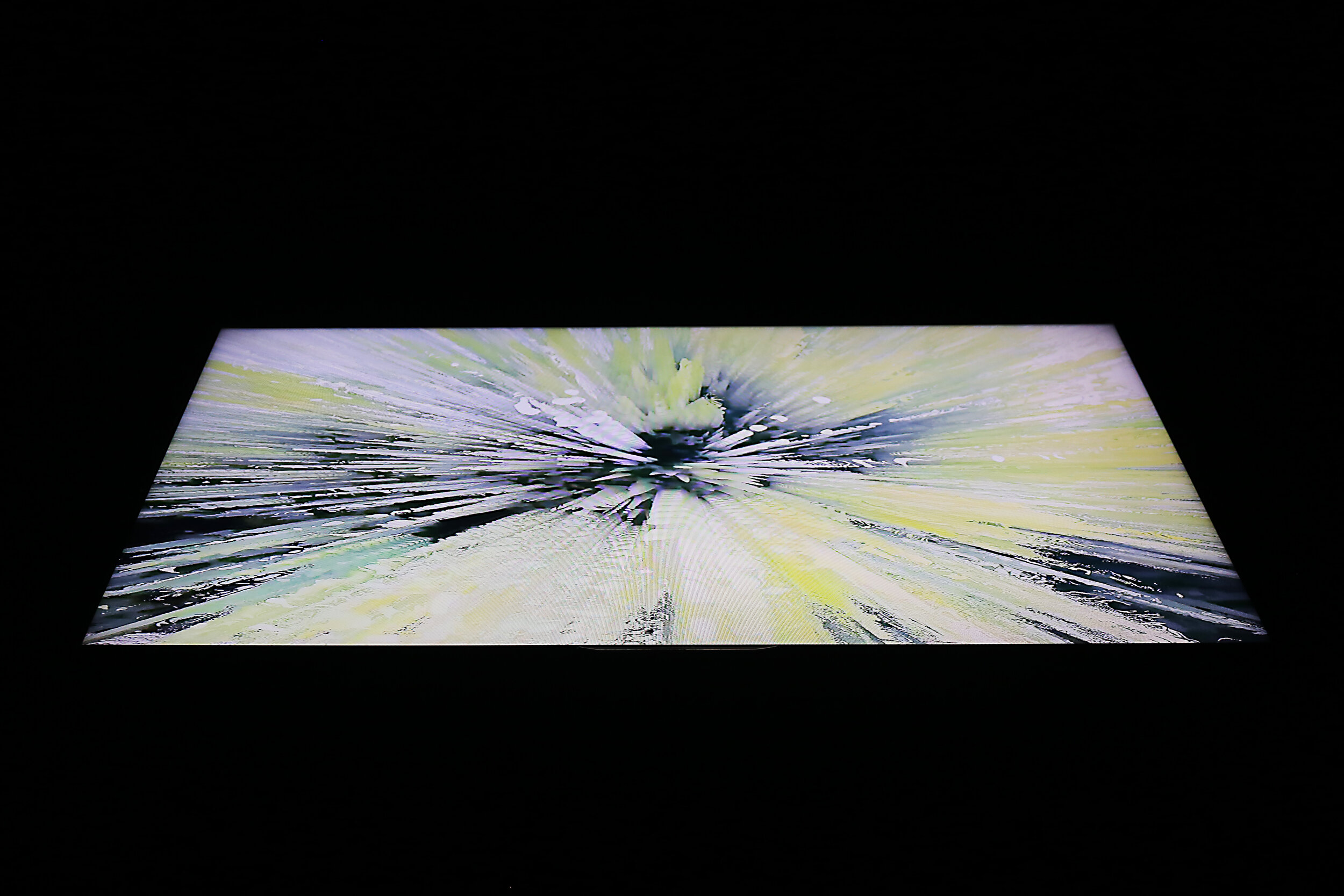Kailum Graves
AUSTRALIA
kailumgraves.com
Twitter:@wtfmodernart
PLAN8T AIR SUMMER 2019
Kailum Graves is an artist and binary archivist critically obsessed with the artifactual digital object. He works predominantly in the medium of photography and within the sphere of the photographic process, including large-scale video installations. His practice reflects the influence of technology on the photographic medium and sits resolutely within the context of future movements of contemporary photography. He majored in art history and philosophy at the University of Queensland. His Honours dissertation focused on American Internet-based activist group The Yes Men, Russian collective Voina, and international hacktivist group Anonymous as a way into discussing the wider practice of culture jamming, and to question the efficacy of political art under the hegemony of multinational capitalism.
He continues to explore this, through independent creative inquiry, by examining what is ostensibly an ideological impossibility—the aesthetic response to the problem of effective resistance where resistance itself is commoditised into neutrality.
Career highlights include being exhibited at the National Portrait Gallery, Canberra; international exhibitions in London, Venice, Berlin, Zurich, and Rio de Janeiro; participation in an international conference in Mexico City; residencies in Iceland, Germany, and China; speaking engagements at the 2018 Critical Animals Creative Research Symposium; winning the inaugural BigCi and Red Gate Gallery artist residency exchange program; receiving Arts Queensland and Australia Council funding; winning the 2016 Clayton Utz Art Award; and being acquired by the Toowoomba Regional Art Gallery’s permanent collection.
Rolling Landscape Truism |动态的常理景象
Video installation
Kailum Graves’ photographic practice explores the disappearance of clear boundaries between culture, technology, and the environment. He is particularly interested in the way humans use technology to transform, manipulate, and transcend natural environmental limits. Kailum Graves believes there isn’t a one-way correlation between culture, technology, and the environment; instead, a culture develops a technology, such as agriculture, to change the environment, and this technology, in turn, changes the culture and society that created it. The three—culture, technology, and the environment—are in a circular relationship, where the last object references the first, resulting in a closed-loop.
Kailum Graves believes that humans have always interpreted nature on the basis of their technology. Newtonian mechanics, for instance, viewed the Universe as a clockwork mechanism, and genetics—discovered at the dawn of the computer age—viewed DNA as digital code. Likewise, today we superimpose our current fixation with advanced simulations and artificial intelligence onto the laws of physics and, by doing so, ponder if we are ourselves living in a simulation. In light of this, he wanted to create works that sat somewhere between real and imagined landscapes.
The result is abstract landscapes as ordered as they are chaotic, as simple as they are complex, and as meaningful as they are hollow. This was achieved by merging the muted organic tones of nature with the loud inorganic colours of modern artefacts, such as automobiles, buildings, and street signs. Besides, photography has never been a tool to document and record reality; it has always been a means to manipulate it. In the same way that, physics, particularly quantum physics, isn’t really about reality; it’s just the best description we have to try and make sense about how the world appears to us.
This hasn’t stopped humans—a remarkably inquisitive species—from wondering, questioning, and investigating why and how things happen. Yet, our brains are hardwired to function in a linear world, so we struggle to appreciate nonlinear relationships, making the interactions between two seemingly disparate entities appear unpredictable, or even absent. As a total speculation, this might explain the ever-increasing gulf between the science of climate change and the habitually slow, or restricted, action being taken by (most) governments, corporations, and people to address the crisis.
Isolation in Fragmented Landscapes|
零碎景观中的隔离
Digital Artwork
OK Abacus | OK 算盘
Video installation


